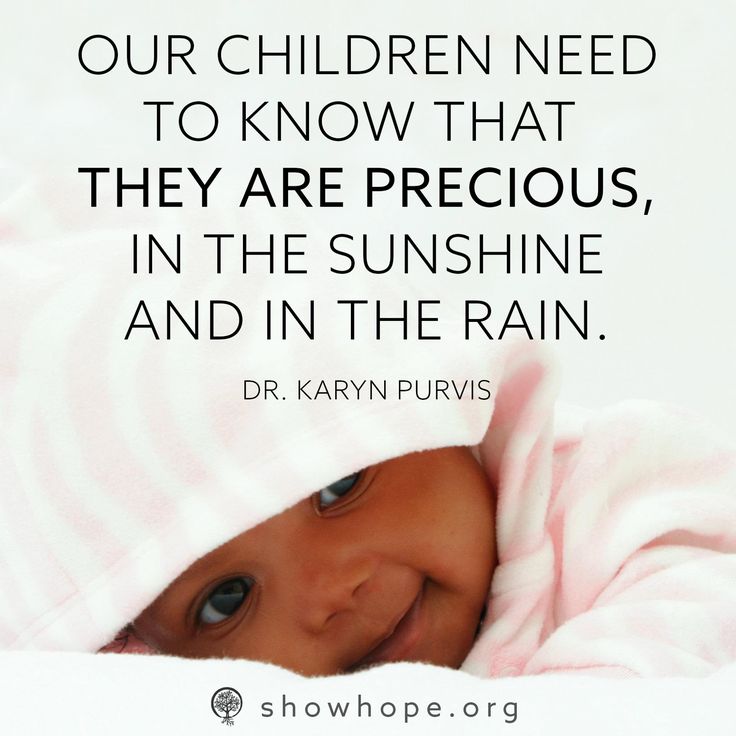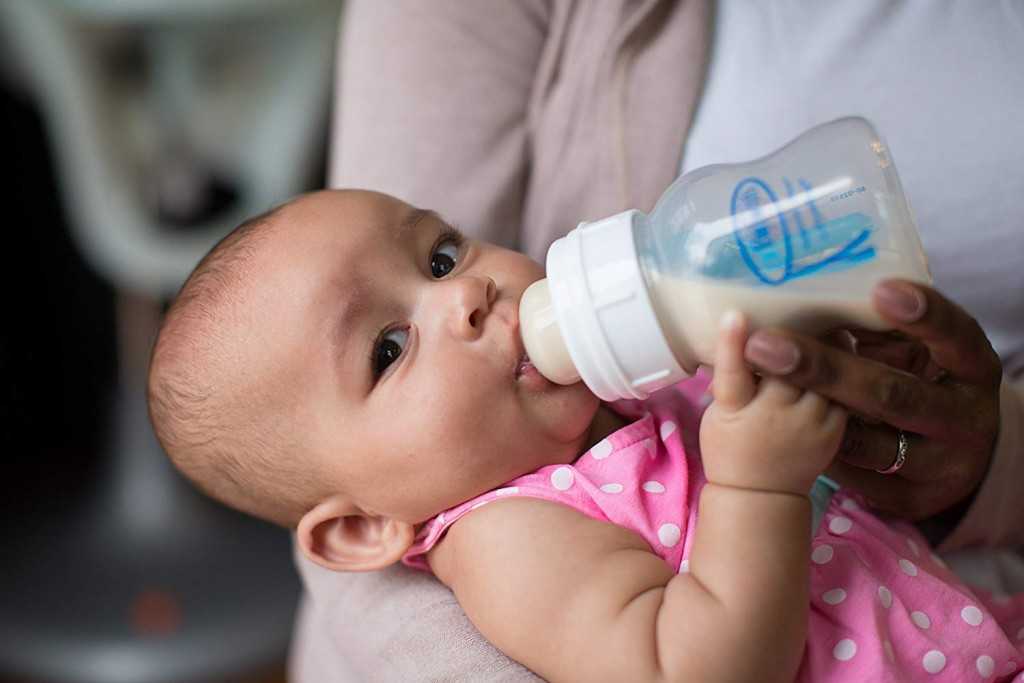How to ensure child custody
8 Ways to Ensure You Retain Custody of Your Child
The presumption that a mother will be the primary caretaker of a child post-divorce or separation no longer exists in Texas. In fact, the Texas Family Code specifically states that the court will consider the “qualifications” of the parties without regard to the sex of the parent or child, in determining conservatorship and possession issues. In other words, custody decisions are supposed to be gender-neutral.
Currently, in Texas, it is presumed that parents will be designated as “Joint Managing Conservators” and jointly share the decision-making rights and responsibilities for the children; however, one parent is typically designated as the primary parent, which is the parent who has the exclusive right to establish the primary residence custody of the children. When parents are unable to agree, a court must make this determination based upon what the Court believes is in the best interest of the children taking into consideration multiple factors, including the qualifications of the parties without regard to the sex of the parent, or children.
- Be the Primary Caretaker
In a custody suit, one of the main factors the Court considers in determining primary custody is which parent has historically been the primary caretaker of the children. This includes taking care of the daily routine responsibilities for children such as feeding, preparing meals, taking to and from school and appointments. Even when both parents work, typically the Court will look at which parent manages more of the daily caretaking and responsibility for the children in determining the primary caretaker.
- Be Active in Your Child’s Routine
Know your children’s activities and schedule. Know their teachers and their friends. Be the parent who is more actively engaged in their daily routine, which ultimately better positions you in a custody suit.
- Use Good Judgement and Control
It is important to have an established pattern of setting age-appropriate rules and boundaries for your children and using appropriate discipline when required while the children are in your care.
- Avoid Excessive Alcohol Use
“In my opinion, Courts have become more and more sensitive to alcohol use,” says Porter, “and if an allegation is made that one parent is abusing alcohol, the court takes it very seriously.” In these cases, Courts have various ways to monitor alcohol use, including requiring a parent to submit to blood or urine tests, or submit to breathalyzer testing to ensure the safety and welfare of the children, or compliance with Court orders.
- Avoid All Illegal Drugs
Using illegal drugs and other controlled substances that you do not have a valid prescription is an almost guarantee that you will lose custody or have restricted access to children. “My advice is if it’s against the law, don’t do it,” advises Porter.
- Use Extreme Caution on Social Media
Thanks to all the new technology virtually every custody case involves evidence that a party posted on social media or sent in writing, whether a text message, email or private message.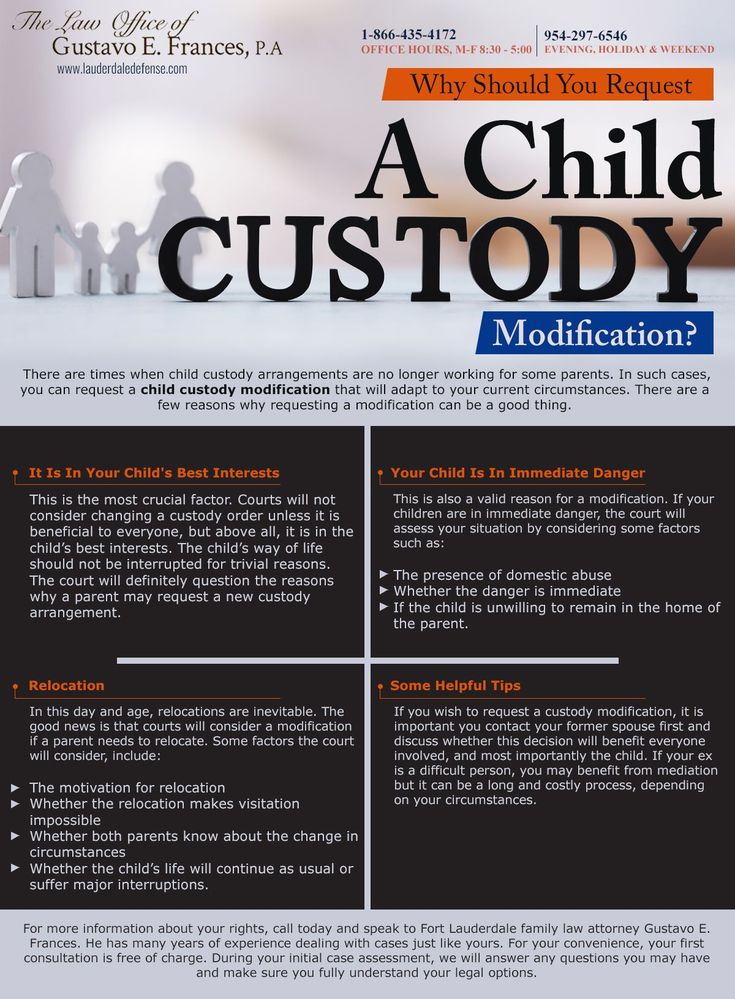 Custody cases can turn on this type of evidence.
Custody cases can turn on this type of evidence.
- What You Say Can and Will Be Used Against You
Divorces and custody lawsuits can get heated. Be careful what you say about the other parent or to the other parent because you never know who may be recording you. As long as the person recording is a party to the conversation, it is legal. Often these recordings are played in Court and can be very powerful evidence in a custody case.
- Hire the Best Custody Lawyer You Can
If you find yourself facing a custody lawsuit, it is crucial to hire the best custody lawyer at the outset of the case, when strategic and determinative decisions are made. With offices in Dallas, Houston, Plano, Southlake and Denton, KoonsFuller is the second largest family law firm in the country and has more board-certified family lawyers than any other family law firm in Texas. Divorce and custody proceedings are stressful; however, having an experienced attorney who is your advocate can provide some peace of mind and confidence during the process.
5 Tips to Maintain Full Child Custody | Minella Law Group
If divorces weren’t already one of the most stressful things a person can ever go through in their life, the addition of custody battles over children brings a new painful and complex element to the mix.
How to maintain full custody of your child can break down to several steps, most of which involve keeping track of every record, piece of paper, and signed document the court gives you during the duration of your divorce proceedings. And secondly, with your focus and enthusiasm, it will be clear your child should belong in your custody.
While there is no sure fire way to maintain custody, there are 5 tips you can focus on to make the best case possible to maintain full custody of your children.
1. Keep everything you do legally above board.Nothing will have a child removed from a parent’s custody faster than the parent getting in trouble with the law. Even something as harmless as going above the speed limit with your child in the car, or forgetting to buckle a seatbelt, could be considered serious child endangerment. Showing that you can be a danger to your child at any point will have the court or Child Protective Services immediately removing the child from your care.
Even something as harmless as going above the speed limit with your child in the car, or forgetting to buckle a seatbelt, could be considered serious child endangerment. Showing that you can be a danger to your child at any point will have the court or Child Protective Services immediately removing the child from your care.
Showing up on time, dressed as though you were attending a business meeting and not just on your way to the grocery store. Arrive with documents in hand, in order, signed dated and ready show to each clerk. This proves you have respect for the court and their system and you are dedicated to keeping your family together. People who come to their hearings ready, informed, and serious about their case get much better treatment than families where the children’s well being seems to come second or third to whatever mom and dad had planned that afternoon.
3. Taking your child’s wishes into considerationIn some states, the judge will take into consideration which parent the child would rather live with full time. This doesn’t mean the child will instantly end up with whichever parent they prefer (judges can usually tell when a parent is using bribery or fun over responsibility to curry favor) but if a child is comfortable in one home and not the other, it can be part of the decision making process.
This doesn’t mean the child will instantly end up with whichever parent they prefer (judges can usually tell when a parent is using bribery or fun over responsibility to curry favor) but if a child is comfortable in one home and not the other, it can be part of the decision making process.
Above all else, it is about the safety and well being of the child or children in question, and their opinion can matter.
4. Be civil to your co-parent.A sure-fire way to impress the court is to be polite and kind to your former spouse. No matter how nasty things were behind closed doors, when you are in front of your child and the lawyers, judges, and other civil servants determining your child’s future be sure to act as sane adults. By being able to calmly and maturely discuss matters of the children’s education, health, and other needs reflects back well on you, making it more likely you are the best place for the child to live.
5. Remember, it is all about what is in the child’s best interest.
At the end of the day, the judge is determining which parent will have primary custody for the best interest of the child. Which parent has the safest place for the child to live? Which parent lives closer to the school that the child currently attends? Who has been primarily caring for the child in his or her early life? Naturally, if one parent abuses, molests, beats or in any other way harms the child, there is no question of custody not going to an abusive parent.
If you are going through a divorce and battling custody, we can help. Custody battles are never fun but making sure the court has the necessary information to make the best decision is crucial. The skilled attorneys at Minella Law Group have experience with child custody cases. For more information or to schedule an appointment call us at (619) 289-7948. We look forward to helping you!
How to get child custody and what it takes
Legal advice > Family law > Adoption and guardianship > How to get child custody and what it takes
Getting child custody is a complex procedure that requires a lot of responsibility from the future guardian.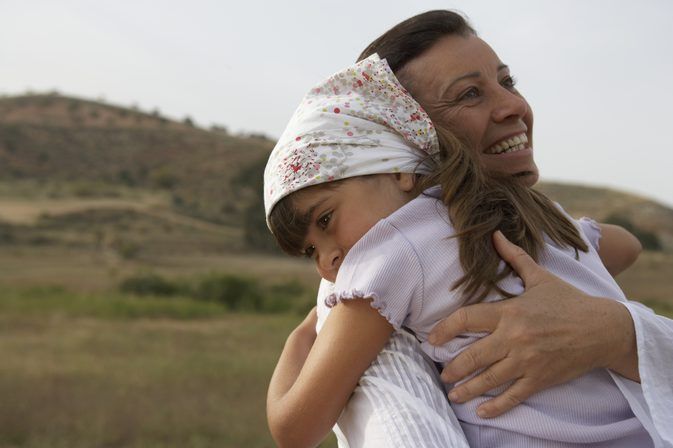 Responsibility lies in the very purpose of guardianship - the upbringing, education of children under the age of fourteen, as well as the protection of their rights and interests. A person who wants to become a guardian should remember that desire alone will not be enough for this. In addition to desire, a citizen must draw up and submit an application along with other documents to the appropriate authority.
Responsibility lies in the very purpose of guardianship - the upbringing, education of children under the age of fourteen, as well as the protection of their rights and interests. A person who wants to become a guardian should remember that desire alone will not be enough for this. In addition to desire, a citizen must draw up and submit an application along with other documents to the appropriate authority.
Content:
- Guardianship and children who need it
- Guardian and requirements for him
- Documents for obtaining guardianship
- How guardianship is arranged in need
Sometimes when parents are alive, children need guardianship
Guardianship, first of all, is an opportunity to provide a child who, for certain reasons, is deprived of parental attention, with the family warmth and care he needs. In addition to general goals, guardianship also implies more specific ones: a child under guardianship must fully receive education, upbringing, material support, as well as protection of their own rights and interests.

Guardianship, adoption and guardianship are similar concepts. They set themselves almost the same goals and objectives, but at the same time they differ significantly. Guardianship can only be established over a child under fourteen years of age. Guardianship is established over children from fourteen to eighteen years of age.
Adoption, in contrast to the two previous procedures, requires much more time and is quite complicated to process. Among the main differences between guardianship and adoption are:
- unlike adoption, which is formalized through the courts, guardianship and guardianship authorities are involved in formalizing guardianship
- upon adoption, biological parents are deprived of all rights and obligations, and upon formalization of guardianship they are obliged to provide him with material support
- in case of adoption, preference is given couples, and in case of guardianship, a single person can also take the role of guardian
- in case of guardianship, the name and surname of the child remain unchanged, and in case of adoption, in most cases, the surname changes to the surname of the new parents
Guardianship can be issued only if the child was deprived of custody of biological parents for the following reasons:
- parents died
- parents were deprived of their rights in court
- the rights of parents were limited by the court
- parents cannot guardianship child due to age or state of health
The legislation of the Russian Federation separately provides for other reasons, the presence of which may be a reason for a child to be placed under guardianship even if his parents are alive:
- parents are absent for a long time due to imprisonment, business trip or other reasons
- parents of the child are sick and therefore limited in their parental duties
- parents refuse to raise their child or protect his rights and interests
- parents create dangerous conditions, in which the child cannot be brought up
A person who wishes to obtain guardianship can establish guardianship both over a specific baby and over children, information about which can be obtained from the guardianship authorities.
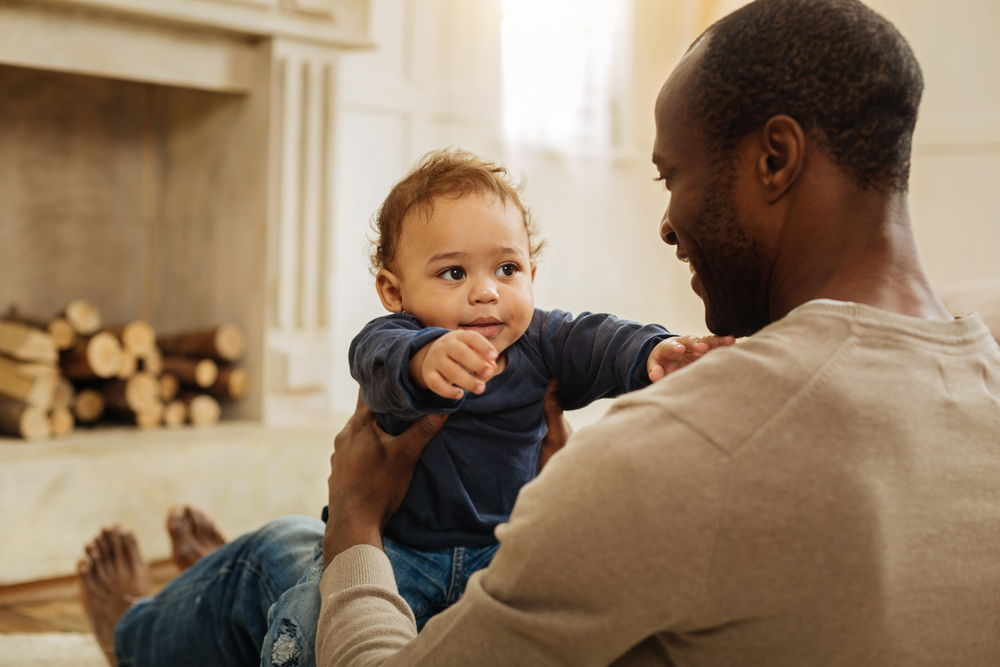
Guardianship, in its essence, pursues goals similar to those of such phenomena as adoption and guardianship. Among them are noted: providing the child with care, attention, education, protection.
Guardian and requirements for him
To obtain custody of a child, you must meet certain requirements
Only those citizens who meet certain requirements can become a guardian. This person must be of age and capable, he must not have any addictions and convictions. His personal and moral assessment should characterize him in a positive way. The child must give his or her consent to the guardianship of that person.
It is not surprising that a citizen who is a guardian is subject to fairly serious obligations stipulated by law. They are reflected in the Civil and Family Codes, as well as in the federal law "On guardianship and guardianship". The following duties of a guardian can be noted:
- care for the child in care - providing him with food, clothing, housing
- providing the child with proper care in accordance with his age and state of health
- taking care of the development of the child under care, both physically and morally
- protecting the interests of the child in various bodies and instances
- living together with a child who is under sixteen
- notifying the guardianship authorities in case of moving to another place of residence
- providing the child with the opportunity to contact his relatives, if contact with them is not lost
- use of the child's funds that come to his account to meet his needs and interests, as well as providing the necessary reporting information on costs
- disposal of property only when it is authorized by the guardianship authorities
In addition to duties, the guardian has the following rights: and methods of raising a child
- receive certain payments for the maintenance of the child
- if there are valid reasons, apply to the guardianship authority with a request to terminate their powers
A guardian must satisfy the requirements placed on him and be prepared to perform the duties that his future status will impose on him.

Documents for obtaining guardianship
To obtain custody of a child, you need to collect a package of documents
To obtain the status of a guardian, a citizen must apply to the guardianship authority at the place of residence. There he will need to submit an application and other documents and wait for an opinion on whether he is capable of raising and supporting a child in care. The list of required documents includes:
- identity card
- certificate from the law enforcement authorities, which contains a conclusion that the applicant has no criminal record
- certificate from a medical institution confirming the corresponding state of health
- certificate of employment, which should contain information about the position and average salary of the applicant
- a document confirming that the applicant has housing
- a copy of the marriage certificate (if the applicant is legally married)
- written consent from all cohabitants who will live with the child under guardianship in the future
- a copy of the document confirming that the applicant has completed the relevant courses
- CV
- a copy of the pension certificate (if the applicant is a person of retirement age).
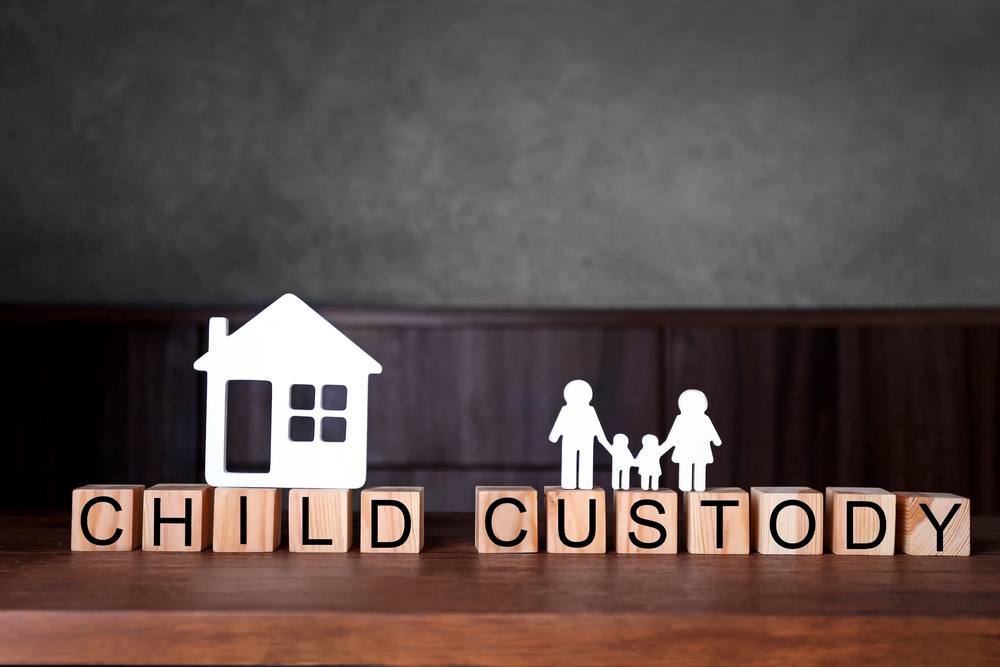
In addition to possessing the necessary qualities in moral and personal terms, the applicant should submit all the necessary documents to the guardianship authorities and wait for a decision.
How guardianship is arranged
Child custody is a big responsibility!
The submitted application is considered by the guardianship authorities within three weeks. At this time, all documents submitted by the applicant are checked. Often, an additional check of the living conditions of the future guardian is carried out. After that, the applicant receives a response.
If it is positive, the prospective guardian will be given a list of children who need guardianship. When a citizen decides in his choice, he will meet with the future ward child, and if both agree to guardianship, then within three days he will be assigned the status of a guardian. After that, you should apply for cash assistance in accordance with the situation.
In case of a negative answer, the citizen will receive back his documents, as well as an explanation of the reasons for the refusal and the possibility of challenging such a decision. The procedure for obtaining guardianship of a disabled child is similar. The essential difference is that after the ward reaches eighteen and is declared incompetent, guardianship is issued without fail.
The procedure for registration of guardianship consists in the submission of documents by the applicant and their further assessment by the guardianship authorities. If everything goes well, the citizen will be able to get custody of the child who needs it.
Features of guardianship in some cases
People over 60 years of age cannot obtain custody of a child
It often happens in life that the need for guardianship arises even when the child's parents are alive. It has nothing to do with the fact that they do not cope with their duties. Objective reasons may be: illness, business trip, work in a remote place.
Most often, the role of guardians in such situations is played by relatives of the parents who agree to the procedure. The child's life continues in the usual way for him, just the guardian becomes his representative in many instances. This practice is most widespread in single-parent families. The procedure for obtaining guardianship for relatives with the consent of the parent is quite fast. The difference between this procedure and the standard one is that the guardian does not receive financial support from the state.
Special attention can be paid to the guardianship procedure, which is carried out by the child's grandparents. If the latter, for certain reasons, does not have living parents, then close relatives will be preferred when choosing a candidate for guardianship. An important condition for an elderly person to be a guardian is his age. According to the law, a citizen over 60 years of age does not have the opportunity to become a guardian.
Guardianship of children from orphanages is most often formalized for the purpose of adopting such a child in the future.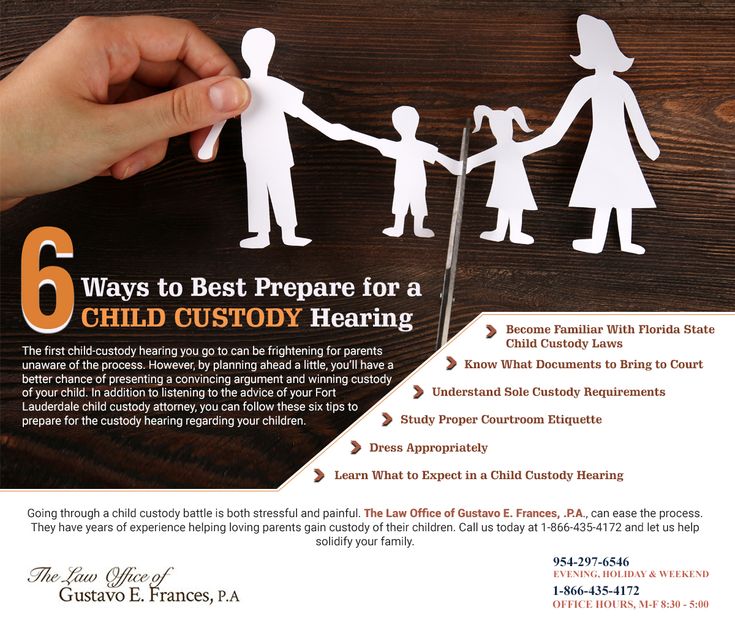 The procedure for obtaining guardianship is much faster than adoption, and this allows future parents to take the child to them first by registering custody, and then start formalizing the adoption, which requires a significant amount of time and takes place in court.
The procedure for obtaining guardianship is much faster than adoption, and this allows future parents to take the child to them first by registering custody, and then start formalizing the adoption, which requires a significant amount of time and takes place in court.
Individual cases of obtaining guardianship have a number of differences. Guardianship, which is issued with the consent of the parents, for objective reasons, limited in the ability to provide the child with due attention, is not supported financially by the state.
Citizens over 60 cannot be guardians.
Obtaining custody is a procedure by which an eligible citizen can obtain custody of a child who needs it. To do this, you must submit documents to the guardianship authorities, undergo verification and receive a response. A positive decision enables a person to become a guardian, with all the obligations that follow from this, and a negative decision will be reasoned and can be challenged.
The topic of the consultation is “Child Custody”. A lawyer answers questions about child custody, how to get custody, the rights of children in a civil marriage of parents:
Noticed a mistake? Select it and press Ctrl+Enter to let us know.
Share
VKontakte
Class
Telegram
What is guardianship?
In Russia, citizens who need guardianship include minors, that is, children under 14, as well as persons recognized by the court as incompetent. We are talking about people who, due to a mental disorder, cannot understand the meaning of their actions or control them. This is stated by the Federal Law "On guardianship and guardianship". Based on the document, citizens appointed by the guardianship and guardianship authority “are the legal representatives of the wards, and perform all legally significant actions on their behalf and in their interests. ”
”
Guardianship is aimed at protecting the interests of the listed categories of citizens, as well as the very possibility of declaring a citizen legally incompetent. This was also emphasized by the Constitutional Court in the framework of Resolution No. 15-P dated June 27, 2012 “On the case of checking the constitutionality of paragraphs 1 and 2 of Article 29, paragraph 2 of Article 31 and Article 32 of the Civil Code of the Russian Federation in connection with the complaint of citizen I.B. Business".
How is guardianship different from guardianship?
In addition to guardianship, there is also guardianship, under which adolescents aged 14 to 18 years old, as well as persons with limited legal capacity, can fall. Such people cannot be fully responsible for their actions. This category has more rights than minors and the incapacitated. For example, they can independently perform small household transactions and actions provided for by law (dispose of their own income, etc. ). However, in other cases, they are obliged to assist the trustee.
). However, in other cases, they are obliged to assist the trustee.
It turns out that the guardian has more rights and obligations than the trustee, in connection with which he bears a great responsibility.
Who can become a guardian or custodian?
The main requirement for a candidate is full legal capacity. And since it comes from the age of 18, the guardian must be of age. The law also establishes a list of restrictions. Guardianship cannot be issued by persons:
- deprived of parental rights;
- having an unexpunged or outstanding conviction for an intentional crime against life or health;
- who did not agree to become a guardian.
When it comes to guardianship of young children (under 14), additional restrictions are imposed. Future guardians must undergo special psychological, pedagogical and legal training, as well as prove that they are in a bisexual marriage. Those who have registered a same-sex marriage in the territory of another state will not be able to arrange guardianship.
Registration of custody of the child
This process is supervised by the guardianship and guardianship authorities. To find out all the details of the procedure, you must contact the district office. The state is interested in ensuring that children are not left unattended, are not placed in orphanages and boarding schools, and therefore, most likely, those who wish to arrange guardianship will be met halfway and will be helped in every possible way.
The candidate needs to write an application, collect documents confirming, among other things, the passage of special training, and in case of a positive answer, sign an agreement.
How do I get guardianship of an elderly incapacitated person?
The algorithm is the same as for children - the guardianship and guardianship authority will also deal with the issue of guardianship. However, there are also differences. Thus, custody of an elderly or adult person does not always involve the joint residence of the guardian and his ward. This issue is decided individually, but cohabitation, of course, is welcome. It is much easier for a guardian to fulfill his duties and provide supervision, especially when it comes to a pensioner who, most likely, has a sufficient number of health problems.
This issue is decided individually, but cohabitation, of course, is welcome. It is much easier for a guardian to fulfill his duties and provide supervision, especially when it comes to a pensioner who, most likely, has a sufficient number of health problems.
If cohabitation is intended, consent must be obtained from all family members of the guardian living in the same dwelling, including children aged 10 and over.
How to get paid guardianship?
There are two types of guardianship:
- free;
- paid.
In the first case, nothing is paid to the guardian. Paid guardianship can have quite flexible conditions, which are fixed by the contract. In accordance with Article 16 of the Federal Law “On Custody and Custody”, remuneration can also be paid at the expense of third parties, from the income from the property of the ward (no more than 5% and only if he is already an adult), as well as from the budget .
Features of the legal status
The guardian has an unlimited range of powers - he represents the interests of the ward in any relationship, no matter what is discussed. Moreover, this rule applies even when registering custody of a minor with living parents. If the ward is a child, then the guardian acts as a father or mother. However, in some cases notification of guardianship authorities is required. They can also establish restrictions on the actions of the guardian or, conversely, oblige him to perform any actions. All this is recorded in the act on the appointment of a guardian or custodian, or in an agreement on the implementation of guardianship or guardianship.
Moreover, this rule applies even when registering custody of a minor with living parents. If the ward is a child, then the guardian acts as a father or mother. However, in some cases notification of guardianship authorities is required. They can also establish restrictions on the actions of the guardian or, conversely, oblige him to perform any actions. All this is recorded in the act on the appointment of a guardian or custodian, or in an agreement on the implementation of guardianship or guardianship.
What documents are required for registration of guardianship?
- Written statement of consent to the establishment of guardianship.
- Documents of the guardian: proof of identity, proof of income, no criminal record, state of health (medical certificate in the form established for persons wishing to obtain guardianship), marital status and the right to use the living quarters.
- Consent of family members of the future guardian, including children under 10 years old (provided they live with the guardian in the same territory) to live together with the ward.






